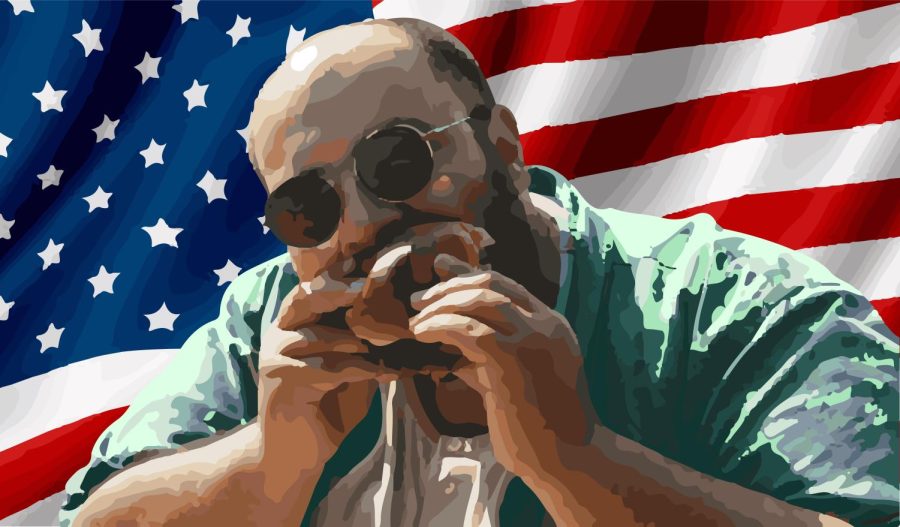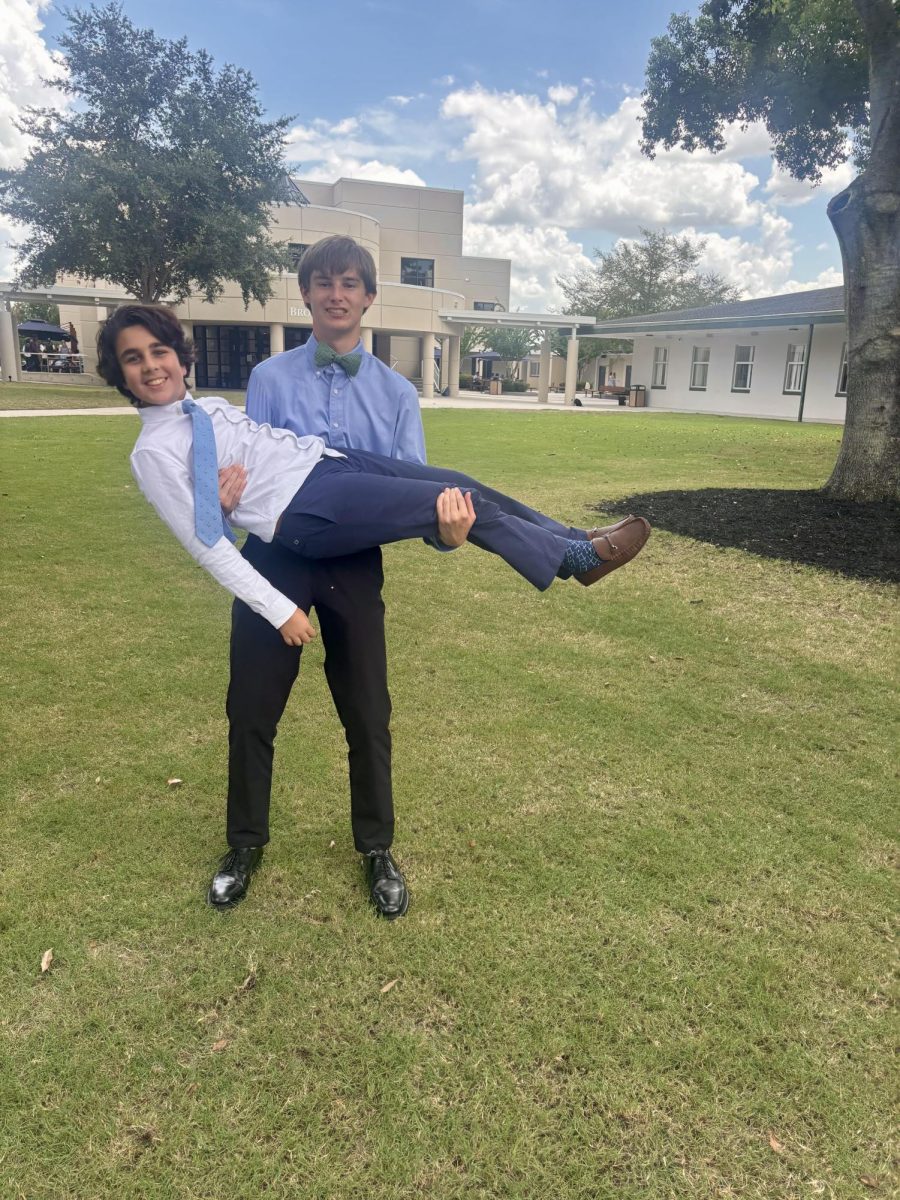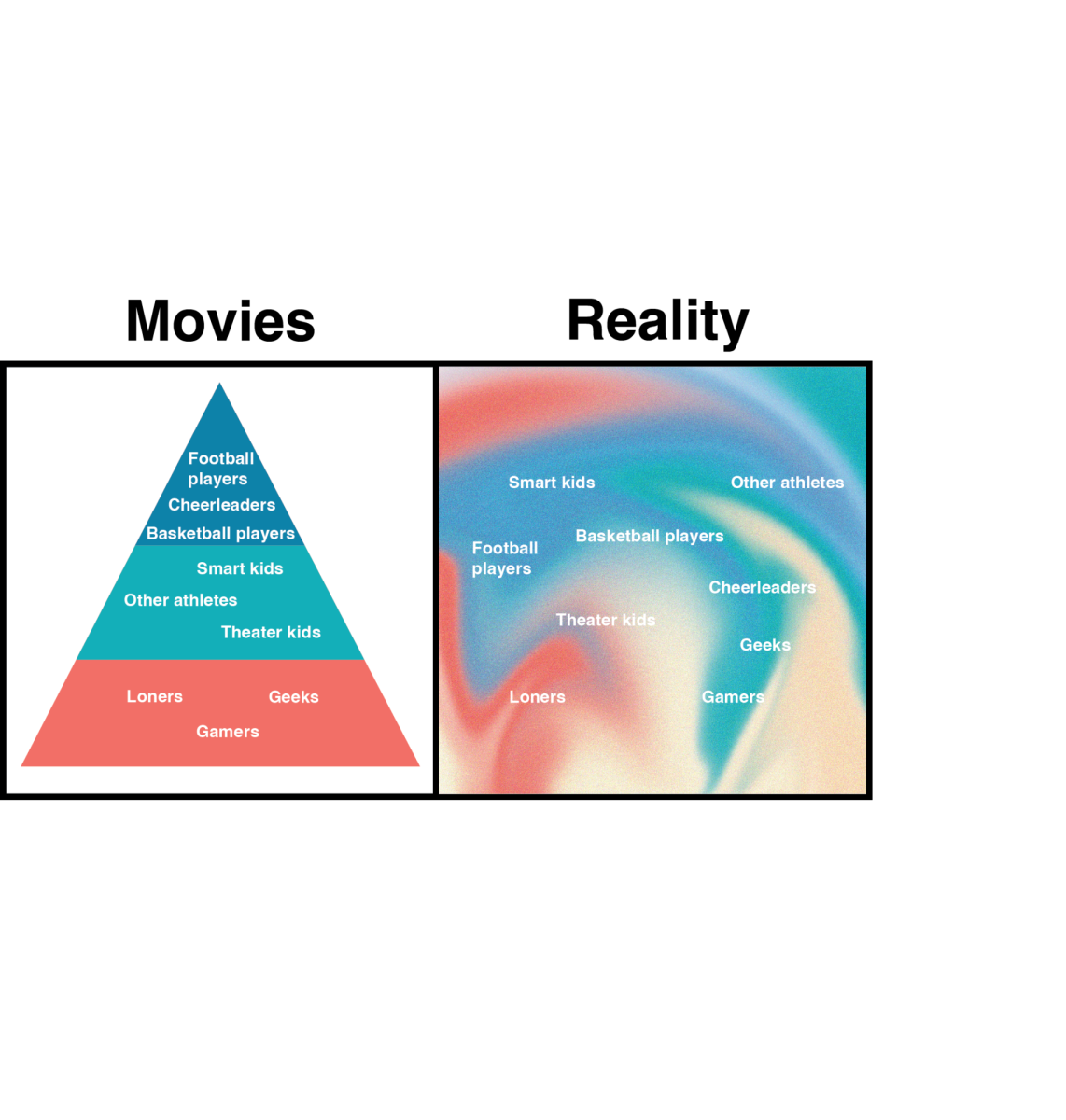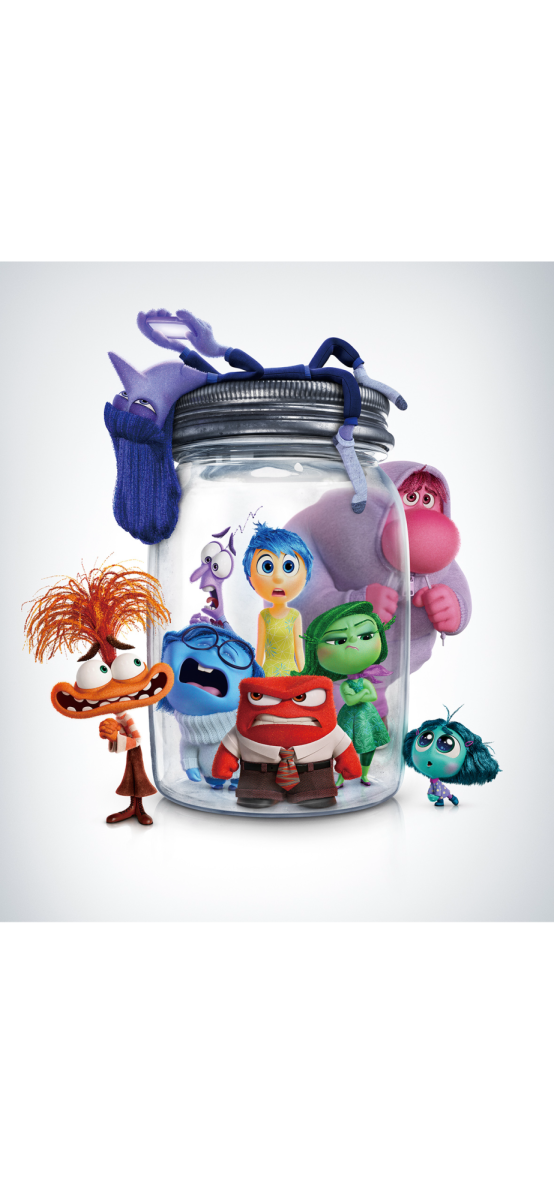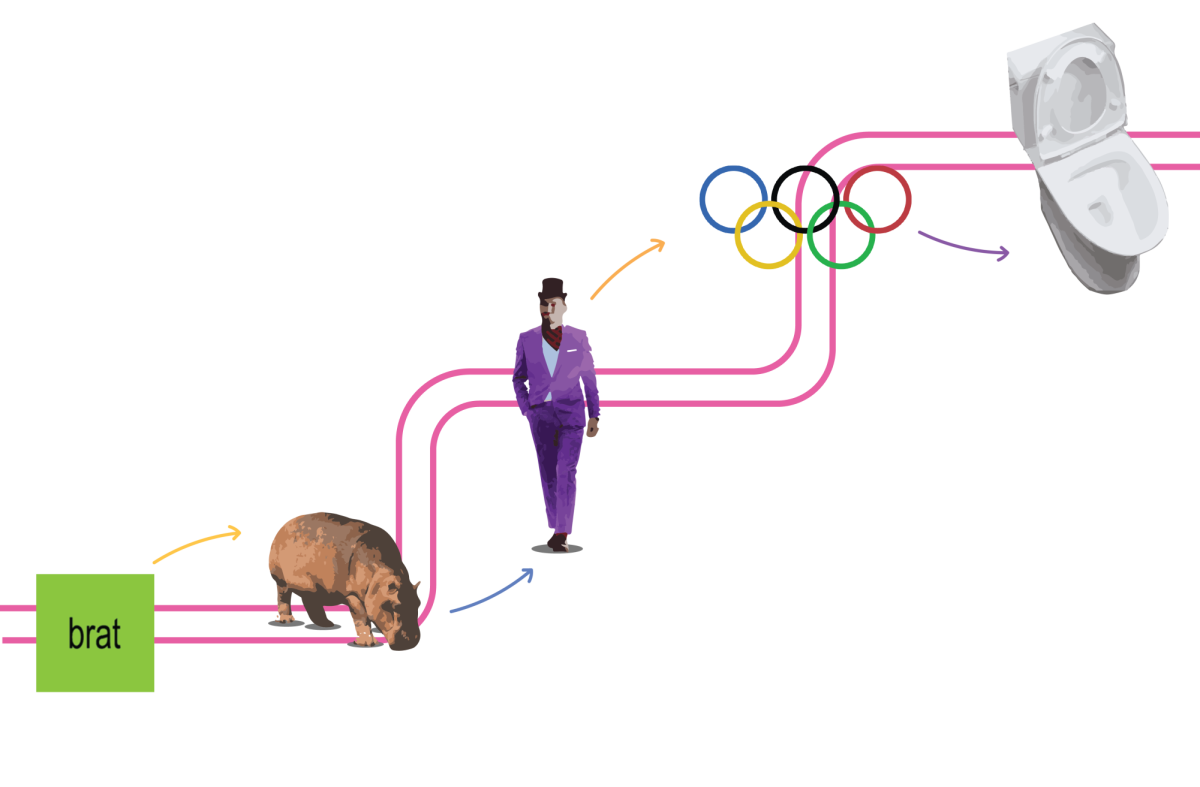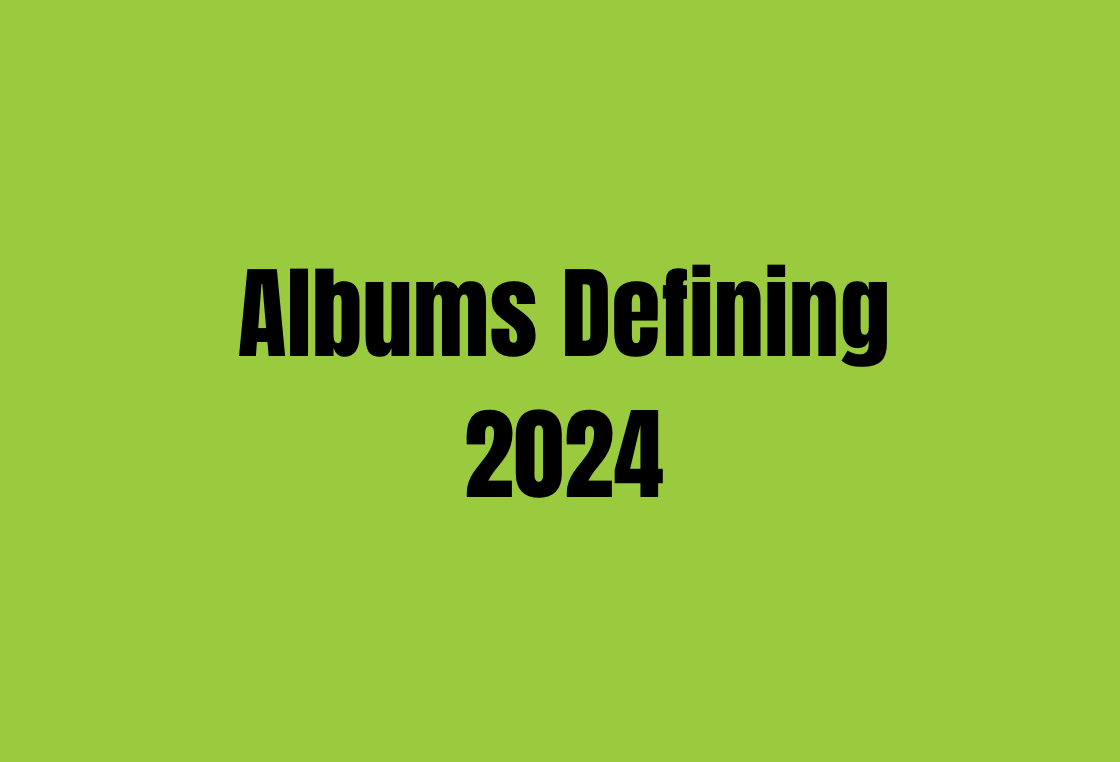Over two million people watched the latest seasons of TV shows “Family Guy” and “American Dad.” Both of the long-running shows’ popularity lies in their humor and ability to mock the stereotypes often associated with the U.S., such as obesity, gun violence and fanatical politics. These themes depict and generalize America in a negative way, influencing today’s perception of a “typical” American without providing context or background.
Given its presence economically and politically, America has always been in the spotlight on the world stage, but that comes with both good and bad stereotypes. High-profile events such as elections, COVID-19 response and gun violence have shaped the American image on the international scene. By exaggerating these stereotypes, “Family Guy” and “American Dad” offer a form of social commentary on American society and the issues it faces.
Politics
Though not exclusive to the U.S., the two-party system has created a polarized political landscape that has garnered more attention and stigma internationally. Countries like Germany and Sweden have a multi-party system, where a greater variety of people’s opinions and beliefs are represented.
A Pew Research survey found that political divisions are less among moderates on the political spectrum and greater among those who are the most active in the political process and have the biggest platform. These divisions highlighted in the media and perceived internationally are usually not representative of the majority of Americans.
“I think some American people are very quick and crazy about politics, and they’re like, ‘Okay, if you don’t have the same opinion, I’m not even going to listen to you,’” tenth-grade German exchange student Ernst said.
According to an International Relations survey, many international citizens believe that the U.S. is less respected today than in the past due to the actions of recent presidents, regular mass shootings and fighting for basic liberties. In line with this trend, 93% of foreign affairs experts share the same beliefs. These notable political events, that often seem unique to the U.S., have understandably reinforced the American politics stereotype held abroad.
Obesity and Food
According to Our World In Data, 36% of U.S. adults are obese, while only 13% of adults are obese worldwide. However, the issue of obesity receives a significant amount of attention and focus in the United States compared to other countries.
International researchers say this is likely due to a variety of factors, including a well-developed healthcare system and media infrastructure that allows for widespread public awareness and discussion of health issues, one being common access to fast food.
“[In America] it’s always fries, burgers, and pizza. That’s not what we eat,” eleventh-grade Swedish exchange student Hanna Skoglund said. “[Swedish food] is different every day, with a lot more vegetables.”
With a lack of healthy foods, obesity rates have been climbing in the U.S. at nearly three percent per year. CDC researchers report that processed foods make up close to 70% of the American diet, while only 30% in Europe. In contrast to other countries, the average American spends only 6.4% of their income on food, sacrificing quality for affordability.
“[Americans] will travel to the other side of the world and ask for McDonald’s instead of trying a local dish,” Jamaican-born Spanish teacher Malika Omawale said.
Firearms
With mass possession of firearms and frequent shootings, America has been characterized by its gun epidemic. Whether for personal protection, hunting, or sport shooting, the freedom to own a firearm is a long-lasting culture in America.
“When I found out that I was going to be in Florida, the first thing I heard was that you have guns,” Ernst said.
Small Arms Survey (SAS) researchers estimate that Americans own nearly 46% of the world’s civilian gun cache — there are 1.2 firearms in the U.S. for every American citizen.
This widespread availability of firearms due to reduced background checks combined with ever-growing gun violence has created the popular gun-toting American stereotype. However, this characterization is not formed wholly and accurately.
Skoglund estimated 60% of Americans own a gun, but was surprised to find out the actual figure is 30% (per Pew Research).
According to the Center for American Progress, America’s gun epidemic has been heightened by the media overseas, leading to inaccurate beliefs worldwide. Nonetheless, this epidemic is uniquely American, the result of an industry making guns readily available to anyone and a culture with little interest in preventing them from being used against others.




